Conductors & Materials
Safety in Underground Power Systems
The Evolution / Revolution of Overhead Conductors... and why it matters
Conductors & Materials

Utility Proactively Tests Underground Cable
Distribution companies are continually looking for ways to improve system reliability, all while conserving capital investments and operational costs. With an aging infrastructure, one of the main issues that utilities face is a way to assess the actual condition of their capital assets.
With respect to underground cables, utilities can achieve enhanced reliability by developing a smarter asset management strategy. Historically, utilities used a reactive-based maintenance approach: when a cable fails, have it replaced. However,...
Related Articles
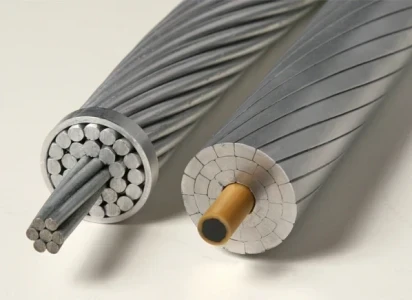
The Evolution / Revolution of Overhead Conductors... and why it matters
Brief Background: In the early 1900’s Aluminum Conductor Steel Reinforced (ACSR) conductor was developed to replace copper wires, due to the war effort when copper was needed for munitions. In the 1970’s growing demand for electricity inspired the development of higher capacity...

Monitoring Underground Lines with SCADA
How SCADA can help prevent repairs and service disruptions BY RICHARD CLARK, InduSoft Underground transmission and distribution lines create unique challenges, as they require special insulation materials to protect conductors, and complex cooling systems because heat cannot be dissipated in free...
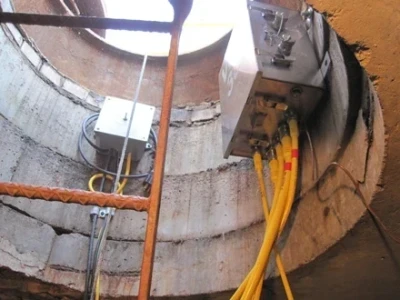
Detecting Faults in Underground Networks
Enhancing protection using directional faulted circuit indicators BY CHRISTOPHER EVANICH, Thomas & Betts Underground electrical networks provide reliable service to end users, but create problems for utility personnel in locating faults. Electric utilities who utilize an underground network...
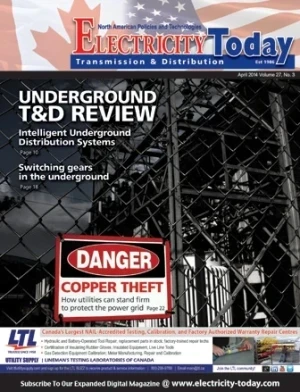
Copper Theft: A Call to Action
How utilities can stand firm to save money and save lives BY PHILL FELTHAM, Executive EditorElectricity Today Magazine Copper theft has become a growing problem for utilities in Canada and the United States. This precious metal has increased in value in recent years, so thieves are stripping copper...
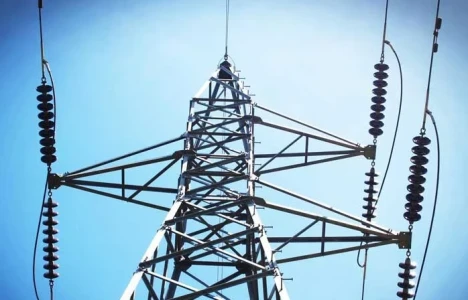
FERC Complaint Targets Duke, PJM Transmission Planning
A coalition of large energy consumers and ratepayer advocates has filed a complaint with the Federal Energy Regulatory Commission (FERC), urging the agency to prohibit transmission owners from independently planning "local" transmission projects exceeding 100 kilovolts (kV). The coalition argues...

Digital Twins for Substations: Bridging the Physical and Digital Worlds
In the rapidly evolving landscape of power grid management, digital twin technology is emerging as a game-changer for substations. By creating virtual replicas of physical assets, digital twins bridge the gap between the physical and digital worlds, enabling enhanced operational efficiency and...
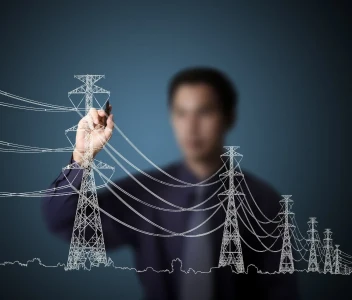
FirstEnergy Explores Alternatives to PJM Capacity Market
In a strategic move aimed at enhancing its power supply reliability, FirstEnergy is actively exploring alternatives to the PJM capacity market. This development reflects the company’s proactive approach to addressing challenges within the existing market structure and ensuring a more robust...
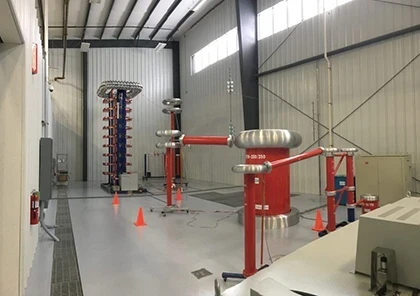
Insulators' ageing in North America - How about testing them?
Sediver has established in the USA an assembly factory for glass insulators in 2017 but also, and perhaps more interesting for some engineers, a laboratory capable of performing all the tests required by the world’s standards. Large test campaigns have already been conducted in this...
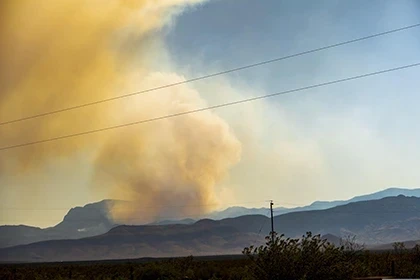
Facing Wildfire? Choose Toughened Glass Insulators
Insulators under fire, what are we talking about? A line directly in the fire is considered as lost A line near the heat of a fire can be saved What is the condition of insulators on a line nearby a fire? Reliability of insulators during or after a fire is a key consideration for T&D...
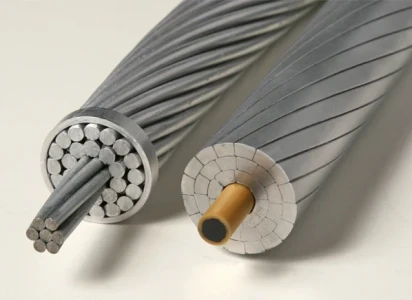
The Evolution / Revolution of Overhead Conductors... and why it matters
Brief Background: In the early 1900’s Aluminum Conductor Steel Reinforced (ACSR) conductor was developed to replace copper wires, due to the war effort when copper was needed for munitions. In the 1970’s growing demand for electricity inspired the development of higher capacity...
